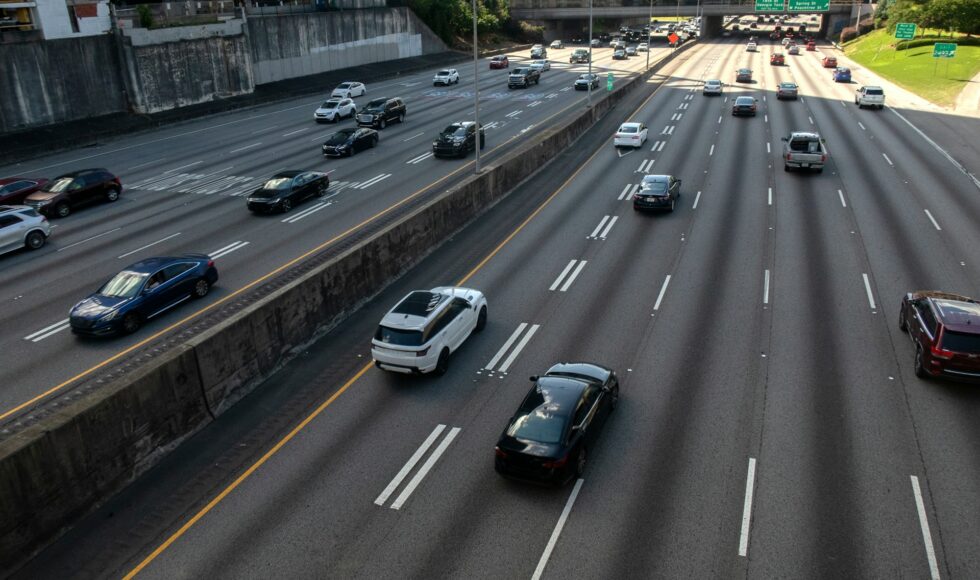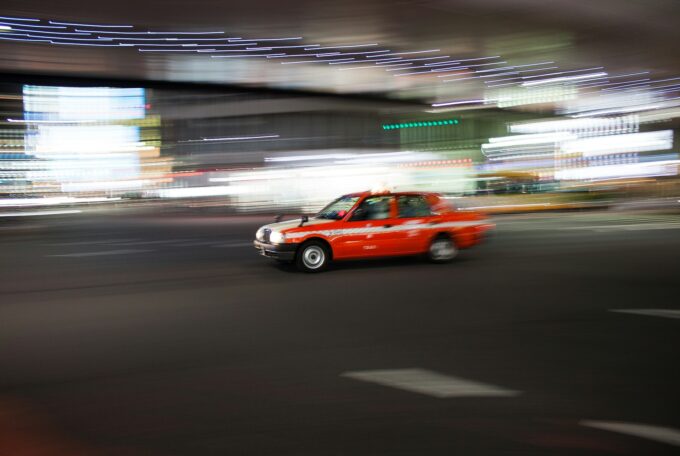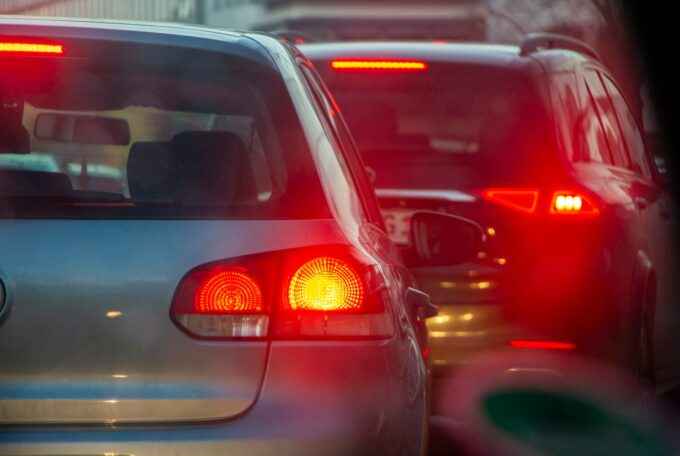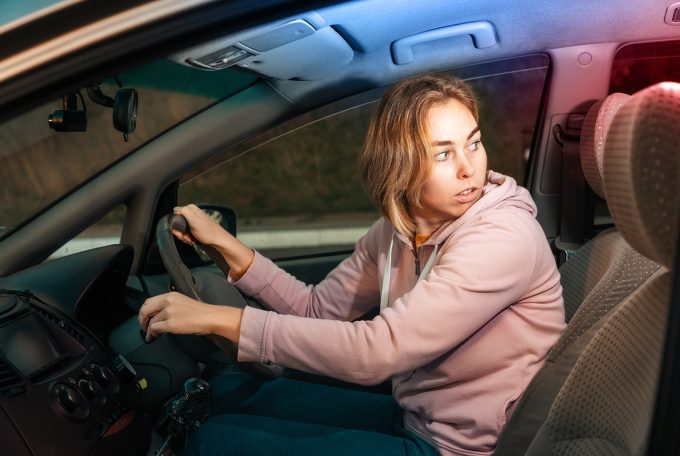Getting a ticket from a speed camera can feel like it came out of nowhere. You weren’t pulled over. No flashing blue lights. Just a notice in the mail with a picture and a fine. It catches drivers off guard, especially when they weren’t expecting it or feel sure they weren’t speeding. These notices can be frustrating, especially when you’ve got no clear memory of doing anything wrong. It might have been a quick change in speed, a downhill slope, or even a question of whether the machine got it right at all.
Even though it may not seem like a big deal at first, speed camera tickets can have long-term effects if they’re left alone. Besides the fine, there could be consequences like points on your license, insurance rate hikes, or repeat issues if you’re driving the same routes. There’s more at stake than just paying a fee. Taking action can make a big difference. That’s why understanding how these tickets work and what your options are can help you protect your record and your wallet.
Understanding Speed Camera Tickets in Louisiana
Speed cameras are devices set up near roads, intersections, school zones, and other high-traffic spots. They snap photos of cars that are going faster than the posted speed. Those photos usually capture the license plate, the location, time, and speed. That info is then reviewed by a system or operator before a ticket gets mailed out to the car’s registered owner.
Across Louisiana, these cameras are commonly seen in places like:
– School zones during morning and afternoon hours
– Major city streets with high accident rates
– Near construction zones where limits drop quickly
– Intersections with heavy traffic flow
It’s important to know that these cameras are part of local programs, which means each parish might run things a little differently. Even though the process feels automatic, each parish court still handles these tickets through legal channels. That means you can challenge them just like you would if an officer gave you a citation.
The laws around speed camera enforcement vary across the state. Some parishes follow very strict rules on how and when a notice can be issued. Others give more leeway. Still, one thing matters across the board: you’ve got a right to a fair process in court. That includes reviewing the evidence and challenging anything inaccurate.
Also worth keeping in mind is timing. Many tickets come with a short window to respond. Ignoring the notice or missing the deadline can lead to bigger problems, like extra fees or the record being sent to collection agencies.
So whether you’re a local or just passing through Louisiana, being quick to understand where and how these cameras operate and how legal procedures work in parish court can help you avoid surprise penalties.
Common Defenses Against Speed Camera Tickets
Even though speed camera tickets seem hard to fight, there are legal defenses that could work based on your situation. These defenses aren’t about making excuses. They’re about asking fair questions and checking if the ticket itself holds up under the law. Here are a few angles to look at when building a case:
1. Camera accuracy and maintenance
If a camera wasn’t properly maintained or calibrated, its reading may be wrong. Asking for maintenance logs or checking the reliability of the device can expose issues that may help your case.
2. Improper signage or location problems
Was the speed limit clearly posted? Were warning signs about the speed camera visible and in the right spot? Local law often requires signs to be placed before a camera appears.
3. Incorrect vehicle identification
It’s possible the photo caught the wrong vehicle or license plate, especially if plates were dirty, blocked, or similar-looking to others. If you’re not the person behind the wheel, that could matter too.
4. Missing or weak evidence
Sometimes, the photo or documentation doesn’t clearly show what needs to be proven. Blurry images, missing time stamps, or unclear speed readings can all weaken the original ticket.
5. Issues with notification timeline
Louisiana parishes usually have set rules about how fast they must mail citations. If a ticket gets to you outside that timeframe, you could use that as part of your defense.
Using one or more of these points could make a difference in court, but knowing how to present them the right way really matters. That’s where legal help starts to become necessary, not just for knowing what to look for, but for getting it heard the right way.
The Process of Fighting a Speed Camera Ticket in Parish Courts
Once you decide to challenge your speed camera ticket, the next move is understanding how Louisiana parish courts handle these cases. The process starts by responding to the ticket before the listed deadline. Typically, this means either paying the fine or requesting a court date. Ignoring it doesn’t make it go away. It usually adds extra fees and may even result in the ticket being sent to collections.
After requesting your court date, begin collecting everything you need:
– A copy of the ticket
– Any photos or videos tied to the citation
– Timing records showing when you received the notice
– Maintenance or calibration details tied to the camera, if available
When standing before the court, the goal is to focus on the ticket’s legal foundation. Don’t just say you weren’t speeding. That’s a common mistake. Instead, ask specific questions that focus on evidence and accuracy. Was the speed limit sign visible and placed properly? Was there a clear picture of your vehicle and license plate? Were all deadlines properly followed?
This is where working with a Louisiana traffic court lawyer can help. Parish courts can be intimidating if you’re going in alone. A lawyer familiar with court staff and local procedures may spot details you’ve missed and can present your argument more clearly. They also know what kinds of evidence are most likely to influence the judge’s decision.
For example, someone who recently fought a speed camera ticket in East Baton Rouge Parish had a citation that arrived three weeks late. After going to court with a lawyer who questioned the ticket’s timing and introduced camera maintenance records, the judge dismissed the fine. These things can really come down to knowing which details have legal weight.
Why You Should Hire a Louisiana Traffic Court Lawyer
Hiring a Louisiana traffic court lawyer can be the difference between a dismissed case and added points on your license. One of the biggest advantages is having someone who’s dealt with these types of cases before. They know how local courts operate and what judges often look for when reviewing a case.
Here’s what a lawyer can do to improve your odds:
– Review evidence and find weak points in the ticket
– File legal motions and handle communication with the court
– Represent you in court when attendance is optional or difficult
– Provide guidance if you’re out-of-state and unsure how to proceed
More than anything, they give you peace of mind. Handling legal issues takes time, and the smallest slip can hurt your case. With legal help, you don’t have to play guessing games with deadlines, forms, and procedure.
Also, some parishes have very limited evidence available to drivers unless they file specific requests. A local lawyer often knows the right way to get that evidence faster. They may also be able to negotiate with the court for reduced penalties when dismissal isn’t possible.
If you’ve never dealt with a traffic court before, trying to figure it all out under pressure can feel overwhelming. Having someone by your side who knows the process step by step can save you time, stress, and possibly money in the long run.
Defend Your Record Before It Gets Worse
Speed camera tickets don’t always feel fair, and sometimes they’re not. But that doesn’t mean you have to accept the consequences. From broken camera systems to missing signage, many factors go into the accuracy of an automated citation. Knowing how to work through that system gives you more control over the outcome.
Between short deadlines and unfamiliar court rules, it can be easy to make mistakes when handling this alone. That’s why working with someone who knows Louisiana’s traffic court process can make a big difference. You deserve the chance to be heard and to challenge a ticket that may not be valid at all.
If you find yourself tangled in the complexities of a speed camera ticket, remember that help is available. Engaging a Louisiana traffic court lawyer can guide you through the parish court process and improve your chances of a better outcome. At LouisianaSpeedingTicket.com, we understand local traffic laws and know how to protect your record and your wallet. Let us help you move forward with clarity and confidence.




